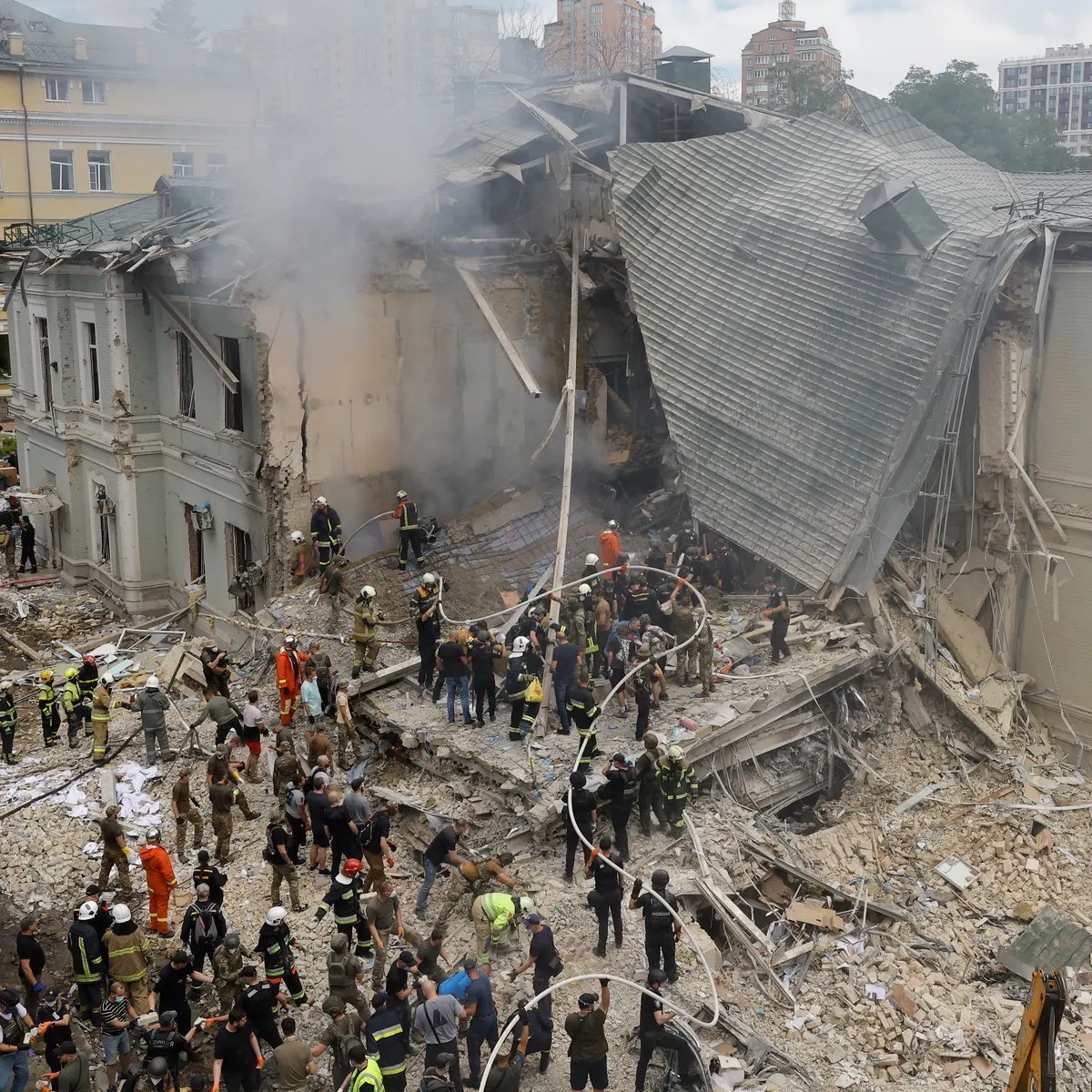Since the Dutch F-16 announcement has generated more talks on #fighters for #Ukraine; a few thoughts.
1) The Ukrainian Air Force would absolutely benefit greatly from Western fighters in terms of air-to-air and (potentially) air-to-ground lethality. But there are caveats (1/10)
1) The Ukrainian Air Force would absolutely benefit greatly from Western fighters in terms of air-to-air and (potentially) air-to-ground lethality. But there are caveats (1/10)

Any western fighters that could plausibly be sent would still be at high risk from Russian SAMs, so would have to fly at very low altitudes within several tens of kilometres of the frontlines. This would dramatically reduce effective missile range and limit strike options (2/10) 

Most common Western close-air-support weapons like Paveway II and AGM-65 Maverick require the pilot or a JTAC to use a targeting pod or other sensor to find, ID and designate the target for precision strikes. This sort of CAS is far harder when confined to very low level. (3/10) 

Stand-off weapons like AGM-154 JSOW, GBU-39 Small Diameter Bomb or AGM-158 JASSM are (broadly) designed to hit fixed targets. Glide weapons are also dependent on altitude and speed of the launch aircraft for range so would be more constrained from low altitude launches. (4/10) 

So while Western fighters with stand-off weapons would offer Ukraine an improved capability to destroy fixed Russian targets near the frontlines from a safer distance, they would be adding to existing strike options like HIMARS and drawing from limited stockpiles. (5/10) 

Air-to-air, altitude constraints due to Russian SAMs also apply. Western fighters would offer much better range if supplied with latest AIM-120C/D or (ideally) Meteor than Mig-29/Su-27 with R-27R/ER. But handicapped by firing from low and slow compared to Russian fighters (6/10) 

As such, only Meteor would likely provide an absolute effective range advantage over R-37M carried by high-altitude Su-35S and Mig-31BM CAPs. Supplying these weapons would help the Ukrainian Air Force a great deal, but they are sensitive and available in v limited numbers. (7/10) 

So; Western fighters will undoubtedly provide a major boost to Ukrainian Air Force survivability and air-to-air lethality against the Russian VKS once supplied. However, they would still be at risk from Russia's SAM systems, and have limited dynamic ground attack options. (8/10) 

Furthermore, they must disperse with a minimal visible ground operations and logistics footprint to avoid focused Russian missile strikes on airbases. This mediates in favour of Gripen or F-18 as types able to operate from rough, short fields with compact support equipment (9/10) 

These considerations matter because Western capacity is not limitless
Logistics, training and personnel working on jets for Ukraine is capacity not used for other things like SAMs, vehicles, ammunition. The question is should this be the priority now, or should it wait? (10/10)
Logistics, training and personnel working on jets for Ukraine is capacity not used for other things like SAMs, vehicles, ammunition. The question is should this be the priority now, or should it wait? (10/10)

+1 for May 2023:
Now that F-16 has been de-facto selected; it’s key that a long ranged AIM-120 variant be supplied to give the UkrAF competitive BVR reach against Russian Su-35 with R-37M firing from a higher altitude!
Also a mobile ground support footprint to avoid strikes.
Now that F-16 has been de-facto selected; it’s key that a long ranged AIM-120 variant be supplied to give the UkrAF competitive BVR reach against Russian Su-35 with R-37M firing from a higher altitude!
Also a mobile ground support footprint to avoid strikes.
• • •
Missing some Tweet in this thread? You can try to
force a refresh



















